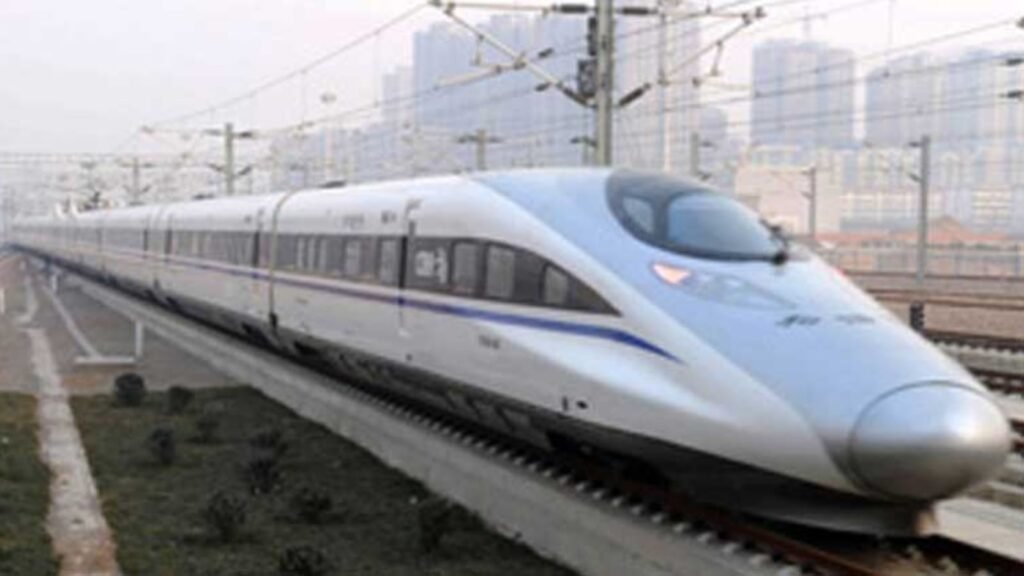The Ministry of Railways Monday said that the next-generation Japanese bullet train — the E10 Shinkansen — will be introduced in India and Japan simultaneously.
The statement comes at a time when the questions are being raised over the delay in finalising the procurement deal for the E5 Shinkansen model which is supposed to run on India’s ambitious Mumbai-Ahmedabad high-speed rail (MAHSR) corridor.
“The Japanese Shinkansen [system] is currently running E5 trains. Next generation trains are E10. In the spirit of strategic partnership between Japan and India, the Japanese government has agreed to introduce E10 Shinkansen trains in the Mumbai-Ahmedabad Bullet train project. It is noteworthy that E10 will be introduced simultaneously in India and Japan,” said the Ministry.
The Ministry claimed there was no delay in the project’s execution and that trials would be conducted in 2026-27 as per schedule.
Meanwhile, Indian Railways’ Integral Coach Factory in Chennai has awarded a tender to state-run BEML Ltd to manufacture two high-speed trainsets, with a test speed of 280 kmph, that will be somewhat similar to the Japanese bullet train.
The Ministry said the entire 508-km corridor is being developed with Shinkansen technology. Out of the total length, 465.38 km is being built on viaducts — a bridge with a series of spans that is supported by piers or towers.
On July 9, the first breakthrough was achieved in the 21-km tunnel which is being constructed between Bandra-Kurla Complex (BKC) and Shilphata in Maharashtra, marking the successful completion of a 2.7-km section of the tunnel.
Story continues below this ad
Five kilometres of the tunnel are being excavated using the New Austrian Tunnelling Method (NATM) between Shilphata and Ghansoli, while the remaining 16-km will be excavated using Tunnel Boring Machines (TBMs).
This tunnel stretch also includes a 7-km undersea section beneath Thane creek. Along with this, a total of 310-km of viaduct construction has also been completed.
“A total of 15 river bridges are completed and 4 are in the advanced stages of construction. Out of 12 stations, 5 are completed and 3 more are now reaching completion stage. The station at BKC is an engineering marvel, as it will be located 32.5 m below ground and the foundation is designed to support the construction of a 95 m high building above ground. Apart from this project, the future corridors are also under active consideration,” said the ministry in a statement.
The foundation stone for the project was laid in September 2017. The total estimated cost is Rs 1.08 lakh crore. The project will have a total of 12 stations, travel time 2 hours and 7 minutes (with limited stops) and operational speed of 320 kilometers per hour. It will pass through Gujarat (348 km), Dadra and Nagar Haveli (4 km) and Maharashtra (156 km).
© The Indian Express Pvt Ltd


